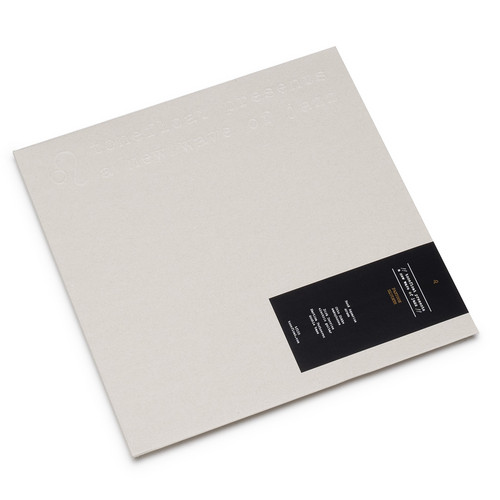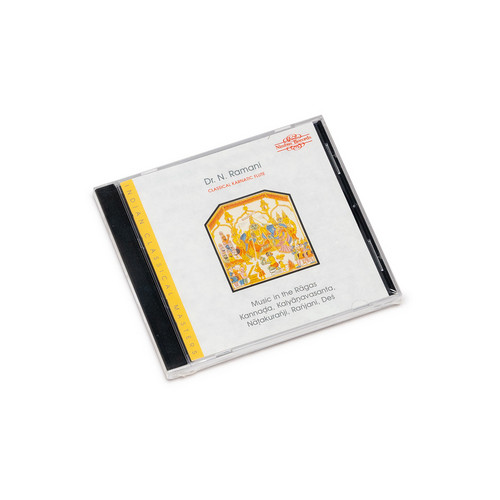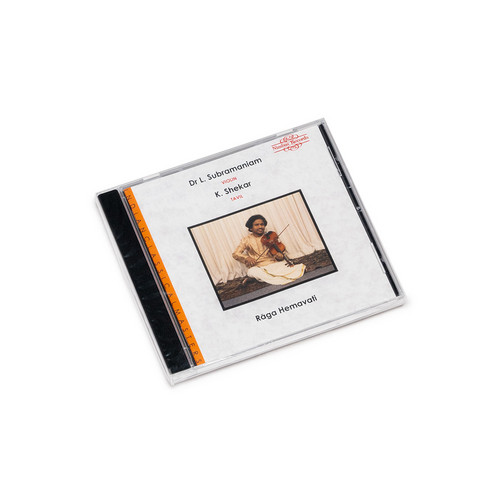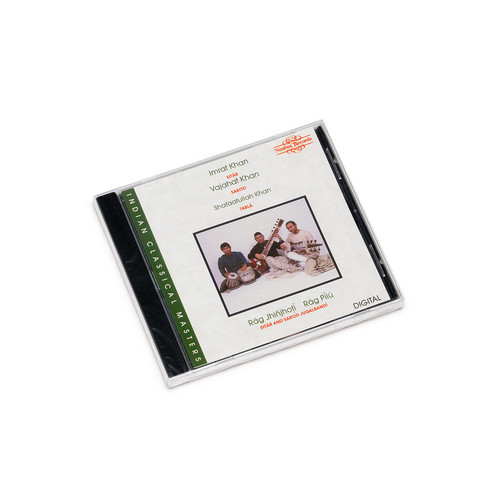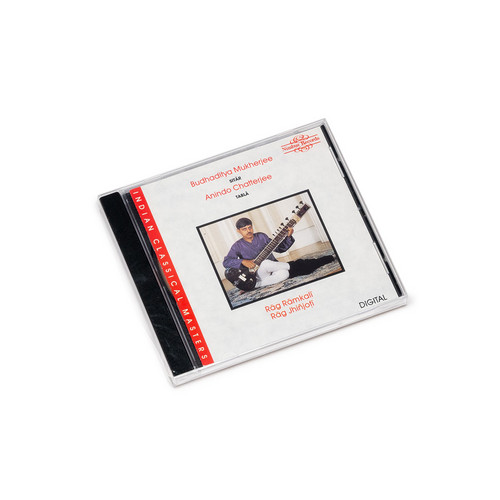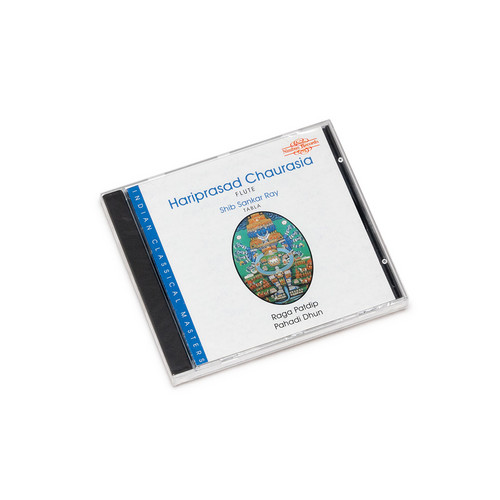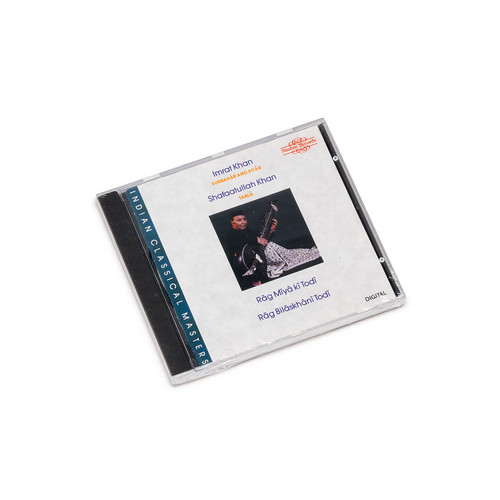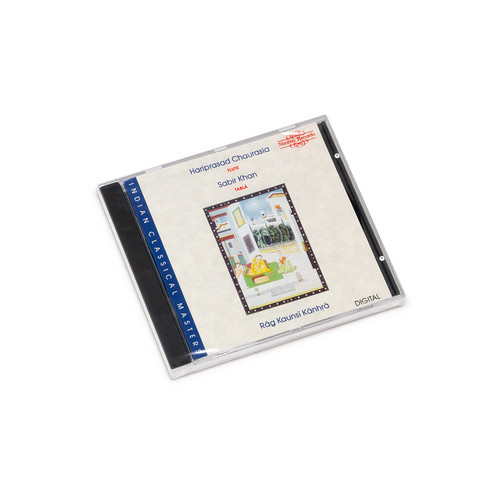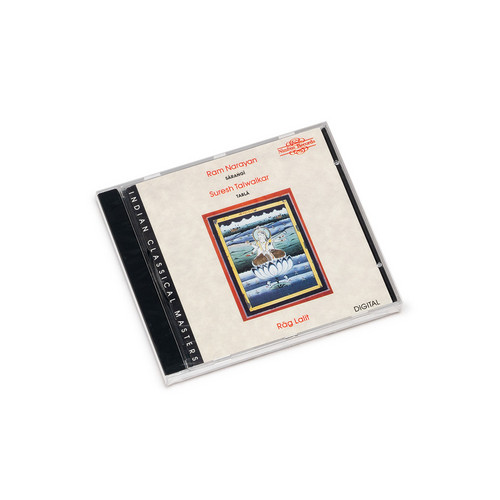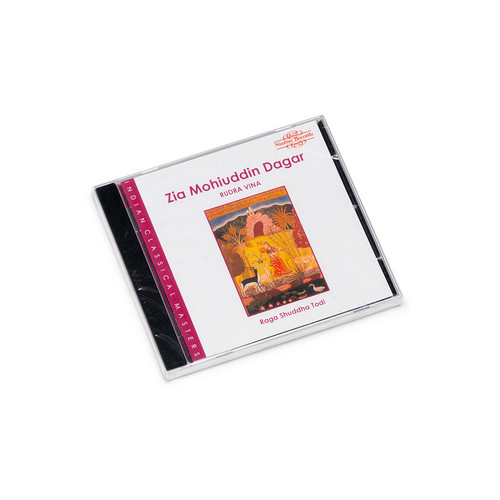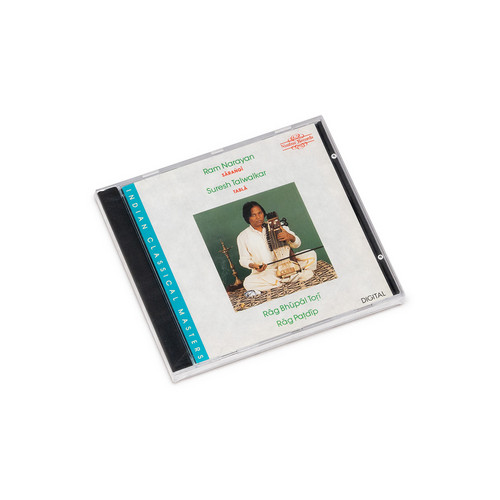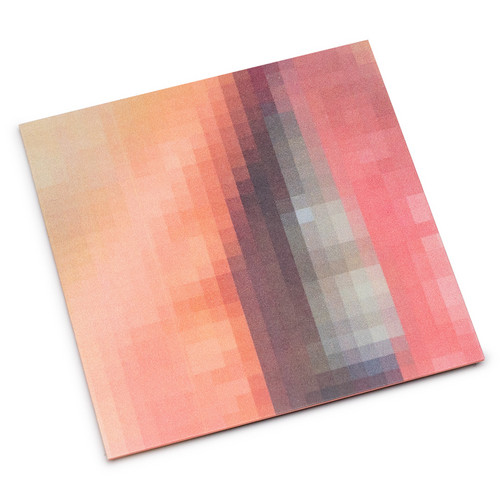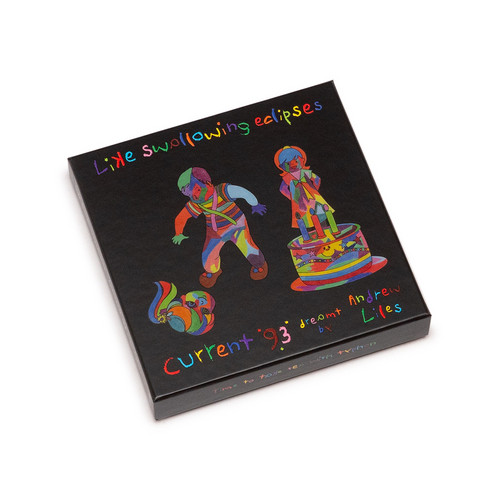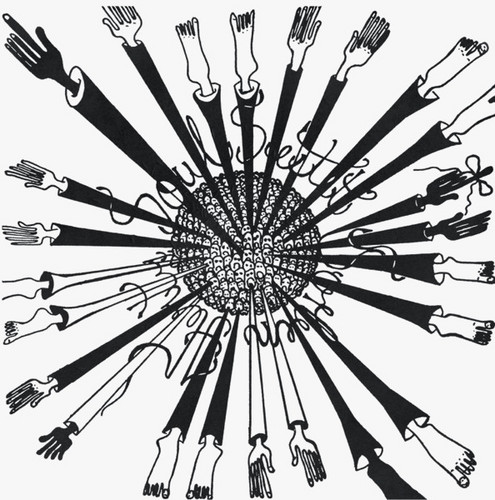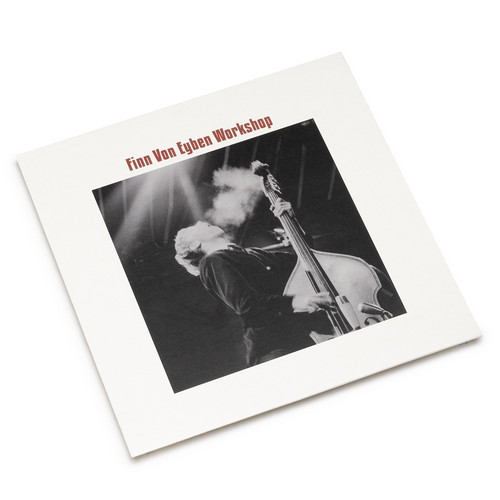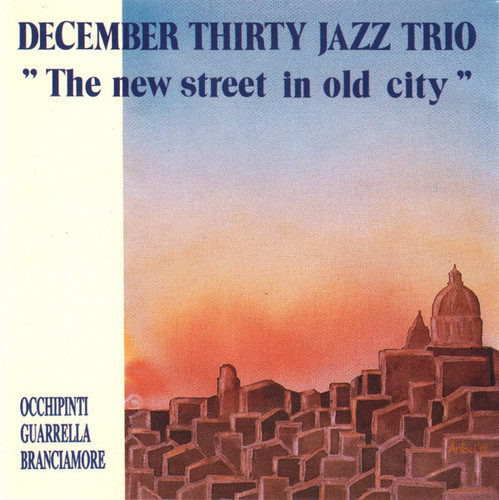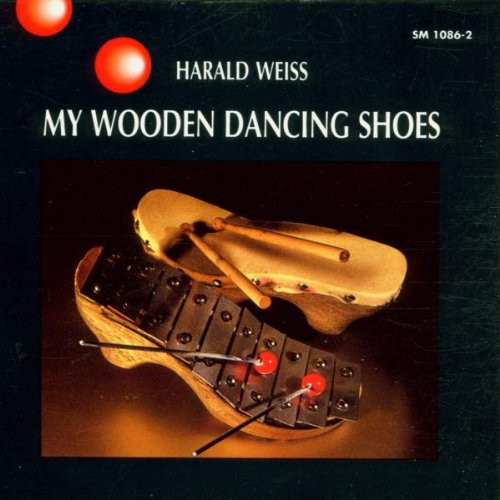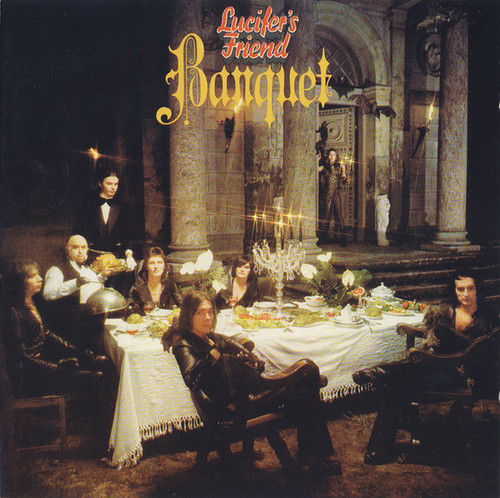Back in stock
Sluimer
**Limited to 240 hand-numbered copies** "Fantoom is a quartet that feature Dirk Serries, his wife, autodidact double bass player Martina Verhoeven (who is also a gifted photographer), drummer René Aquarius, and sax player Otto Kokke, both from the Dutch group Dead Neanderthals, with whom Serries played in their Endless Voids project on the 2014 edition of the Incubate festival in Tilburg, Netherlands. The quartet debut album, is a free-improvisation affair that was recorded in studio in Decembe…
Ragas Kannada, Kalyanavasanta, Natakuranji, Ranjani, Des
2024 Stock. The most famous exponent of Hindustani flute music is off course the great Hariprasad Chaurasia playing the bansuri (the bamboo flute) and to a lesser extent Ronu Majumdar. In the West, North Indian music has always overshadowed South Indian (Carnatic) music, which is a pity as the latter is as profound and beautiful as the former. North Indian music has changed through the Middle Ages by the Arabian, Turkic and Persian influences the Mogol Invaders brought with them. It had become m…
Rāga Hemavati
2024 Stock. Global violin icon Dr. L. Subramaniam, is the world’s leading authority of South Indian classical music and violin, having performed for more than 65 years now. Constantly propelled from Singapore to Paris, from Delhi to Los Angeles, he has conquered every audience with the elegance and virtuosity of his style. He performed his first concert when he was 6 years old and received the best violinist prize from the President of India H.E. Dr. S. Radhakrishnan for winning the All-India R…
Rag Jhinjoti, Rag Pilu - Sitar And Sarod Jugalbandi
2024 Stock. Builds slowly from the statement of the melody to intense sections of stunning brilliance
Rag Ramkali / Rag Jhinjoti
2024 Stock. Sensitive sitar from one of the instrument's leading younger exponents, specializing in the vocal-derived gayaki style. Pandit Budhaditya Mukherjee is an Indian classical sitar and surbahar maestro of the Imdadkhani gharana (school), recognizable by his intricate vocalic playing complemented by spectacular high speed playing. He holds a unique distinction of being the ever first artist (not just musician) in history to perform in the House of Commons, London. Famously proclaimed the …
Raga Patdip, Pahadi Dhun
*2024 stock* "Pandit Hariprasad Chaurasia has excelled himself in the rendition of raga Patdip in this album. His melodious alaap and creative phrases as only he can, take the listener to the lush meadows of ancient India."
Rag Miya ki Todi / Rag Bilaskhani Todi
2024 Stock. Ustad Imrat Khan hails from a great tradition of musicians called the Imdadkhani Gharana, named after his grandfather. It has produced great masters of the sitar such as Ustad Vilayat Khan and his son Shujaat Khan, Shahid Parvez and Budhaditya Mukherjee. This renowned gharana specializes in gayaki; the vocal style of sitar playing, which is obvious when listening to this recording, as I can't help singing along with the Ustad's beautiful lyrical playing. Imrat Khan is the master of t…
Rag Kaunsi Kanhra
2024 Stock. This sensuous evening raga for the bamboo bansuri flute was recorded with tabla by Sabir Khan.
Rag Lalit
2024 Stock. The Sarangi remains not only the authentic and original Indian bowed instrument but the one which most poignantly, and in the hands of Ram Narayan, most revealingly expresses the very soul of Indian feeling and thought. I cannot separate the Sarangi from Ram Narayan, so thoroughly fused are they, not only in my memory but in the fact of this sublime dedication of the great musician to an instrument which is no longer archaic because of the matchless way he has made it speak
Raga Shuddha Todi
*2024 stock* Zia Mohiuddin Dagar was the pre-eminent master of the Rudra Vina, and his profound artistry and understanding of Raga -- and the states of consciousness embodied in them -- is evident on this album. If you appreciate North Indian music, you will probably already know of Dagar Sahib's work. If you are new to the genre, this album may seem abstract if you don't have the knack of going below the usual mind-stuff (with which most of us are preoccupied) to the deep meditative state which…
Rag Darbari / Rag Chandra Kanhra
2024 Stock. The album presents a deeply meditative world, resonating with the mysteries of India. When it comes to sarangi - a forgotten Indian instrument that has been overshadowed by the violin in terms of popularity and accessibility - nobody can compare to Ram Narayan. Both Ram's growth and the ragas performed on this CD are deeply emotional. Additionally, the tabla playing is both powerful and precise. To experience the ethereal sarangi sound, this is a must-have.
Ram Narayan (1927-) is a…
Joy, Oh I Missed You
Lucy Duncombe and Feronia Wennborg compose a modern symphony for virtual choir on 'Joy, Oh I Missed You', muddling sound poetry with Nuno Canavarro and ‘Systemische'-style machine-damaged surrealism. It's mindbogglingly good, like a mashup of Lee Gamble's 'Models', Akira Rabelais' 'Spellewauerynsherde' and Robert Ashley's timeless 'Automatic Writing’ screwed to perfection in a mode that will also appeal if you’re into work by Kara-Lis Coverdale, Nozomu Matsumoto, Theo Burt, Olli Aarni, Sydney Sp…
Like Swallowing Eclipses
VERY last copies!!! - The first 500 mail-order copies version that includes the playable full-color picture-postcard reproducing David Tibet's painting of the track Like Swallowing SunBeams, inserted in risograph-printed CandyBag. The box set essentially represents a dark ambient/industrial re-imagination of Current 93's early apocalyptic works, where Andrew Liles has extracted and amplified the most disturbing and ritualistic elements, creating soundscapes that function as sonic invocations rat…
Songs Dances and Prayers
** 2021 Stock. High quality vinyl, with original insert and new liner notes on printed innersleeve ** More than 40 years after its original release, the recording of the Marc Levin Ensemble’s Songs Dances and Prayers will be reissued, both on vinyl and digitally. Until now it has only existed in the original vinyl form, making it difficult to obtain, which is why we decided to make this magnificent recording easily available again. Though Marc Levin is often characterized as a Free Jazz musician…
Torben Hertz Soul Sextet
** 2021 Stock ** ** 2021 Stock ** This is an official reissue of a rare and unknown Danish EP issued on CSA records in 1967. CSA's focus was mainly on traditional jazz, and this gem is a one-of-a-kind from the Danish jazz scene at that time.This is a vinyl only reissue. No downloads.
Finn Von Eyben Workshop
150 hand numbered copies. Kick-ass free music recorded in the glorious year of 1966 in Copenhagen. From Finn Von Eyben a leading exponent of the fertile Danish free jazz movement of the 1960s, comes these never-before-released live and studio recordings, offering an interesting addition to our understanding of a time in Danish music history where past, present, and future clashed to create a whole new sound. This is as essential as it gets. Piano, double-bass & drums in total interaction.
150 h…
Barry Dransfield
*2025 stock* In 1972, Barry Dransfield recorded his debut solo album. Just called “Barry Dransfield”, the album is a real delight from start to finish. It features an array of traditional songs arranged by Barry, some original ones and some fantastic covers from people like Michael Hurley (“The werewolf”) and David Ackles (“Be my friend”). Sadly, the album was deleted just after nine months from his initial release, because it was released on Folk Mill, a Polydor sublabel created to enter the fo…
The New Street In Old City
The album "The New Street In Old City" by December Thirty Jazz Trio, released in 1993, is recognized as an important jazz work. The trio consists of pianist Giorgio Occhipinti, bassist Giuseppe Guarrella, and drummer Francesco Branciamore. This album showcases their development of a unique sound and artistic expression in jazz, blending melody with freedom of improvisation. The music combines inventive concepts with intense yet clean melodic lines, making it compelling and a significant part of …
My Wooden Dancing Shoes
These ten original pieces are honed down to the details, in an highly intelligent and ironically witty style that makes it possible to hear patterns of behavior, of language, and of thought. Harald Weiss speaks, sings, and plays all the percussion instruments, including many strange ones, all by himself – new, delightful surprises constantly result.
Banquet
Banquet was the fourth album by the legendary German rock band, fronted by British singer John Lawton. This album featured the band temper their usual hard rock style with a Santana-esque jazz-fusion edge, with help from a full brass section. Rated their most progressive album by fans. Five lengthy band-penned tracks, with standout opening pirate-themed 'Spanish Galleon' and the string-enhanced ballad 'Sorrow'.
